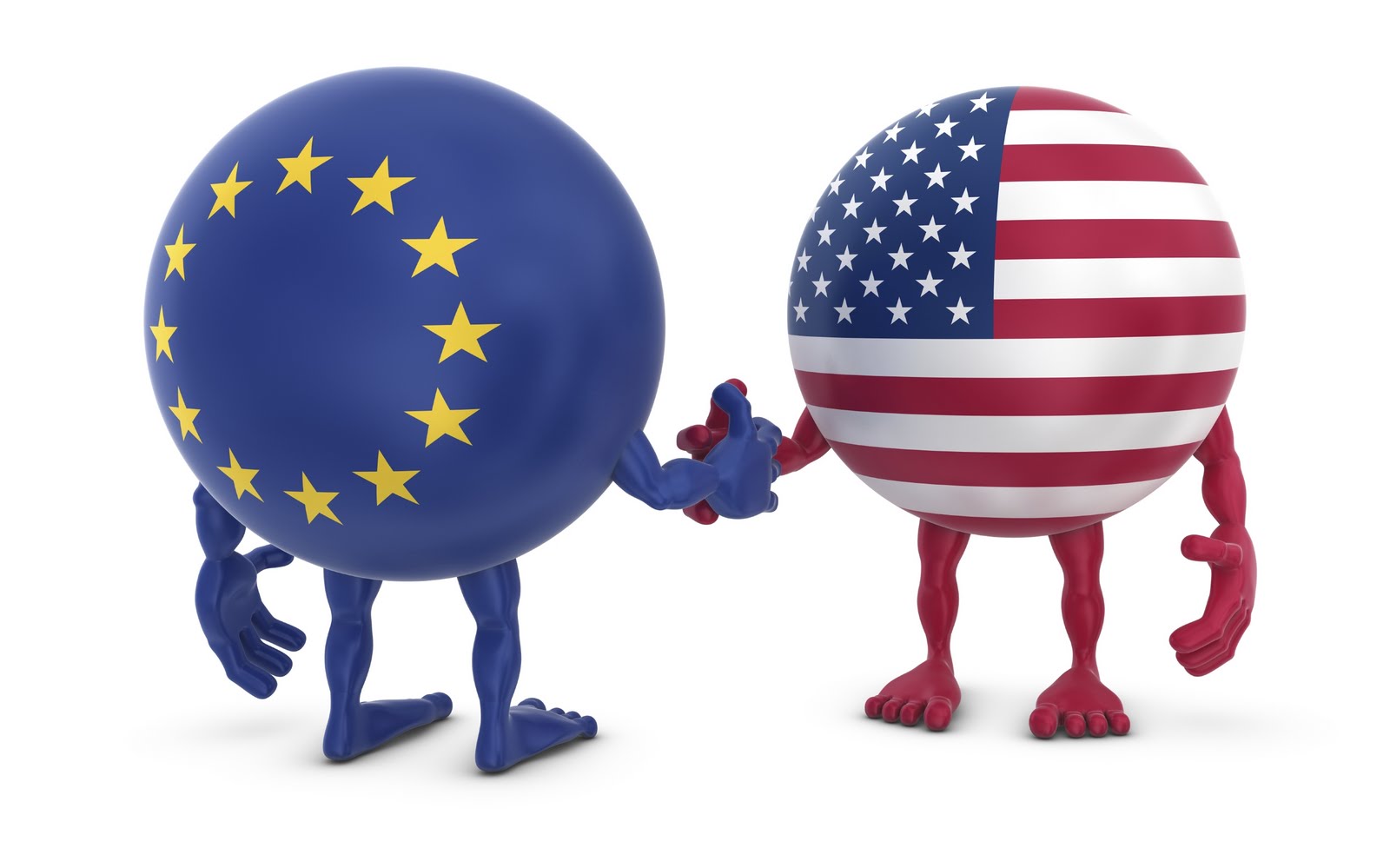Jim Adler is the chief privacy officer at Intelius. Jim wrote this article as a guest columnist for the Seattle Times on July 4, 2011.
Today we celebrate the 235th anniversary of the signing of the
Declaration of Independence. It got me thinking about how our American
commitment to life, liberty and the pursuit of happiness applies to
today's high-tech, fast-paced, social-media world, especially for
privacy and speech rights.
So let's drill into this right to privacy, a subject that has
captured national attention lately in both the mainstream media and
Congress. The Constitution provides for no such privacy right among us
citizens. The Bill of Rights does offer privacy protections from the
government. The Third Amendment protects our homes from government
intrusion, and the Fourth Amendment protects our homes from unreasonable
government searches and seizures.
But the Constitution doesn't provide for privacy protections among
our fellow citizens. For that, we're largely left to the common law.
This more pedestrian, common-law idea of privacy was discussed in "The
Right to Privacy" (Harvard Law Review, 1890) by the future Supreme Court
Justice Louis Brandeis and partner Samuel Warren.Warren and Brandeis
quote from an 1880 treatise by Michigan Supreme Court Justice Thomas
Cooley who introduced a "right to be let alone" in the context of common
law torts — basically the 19th-century version of "don't tase me, bro."
So, privacy embodies an essential value of discretion — the
expectation "to be let alone" by government and citizen. Of course, in
tension with this value is a value of disclosure, embodied by the First
Amendment, which guarantees freedom of press, individual speech and
peaceful assembly.
It is within this uniquely American tapestry that we grapple with the
deluge of new technological devices and social media. Should we have
the right to have ourselves erased from the Internet, surf without being
tracked, make an unrecorded phone call or conduct an anonymous search?
As parents, how do we balance the responsibility to keep our kids safe
online with respect for their privacy?
The good news is that we've been wrestling with these heady issues
for 235 years, and this discretion/disclosure heritage can really help.
For example, when it comes to "smart grid," I'm a
privacy-conservative. Smart grid is a set of technologies that monitors
the power usage of the appliances in our homes. Frankly, my home (and
body) are places of the highest discretion. How much time I spend
staring at the fridge with the door open is my business. In the home,
discretion rules, period.
But when in public, disclosure is king. I was leaving a baseball game
a few weeks ago, and a woman was taking pictures of the fans as they
left the stadium. In today's world, I would expect my picture to be
uploaded, tagged and available to anyone online. It's the Internet
equivalent of the small-town refrain: "Hey, did you see Jim at the
game?"
Social media is less than a decade old. We are at the beginning of
this journey to map our traditional values to this new medium. The
question is whether this medium can support our values? And, if so, how?
In a recent New Yorker piece, "Small Change — why the revolution will
not be tweeted," Malcolm Gladwell criticizes social media for favoring
vast, "weak-tie" relationships where disclosure is maximal and
discretion is minimal.
He contrasts these relationships to small, "strong-tie" groups that
enjoy deep trust because of the secrets they keep. Gladwell describes
the relationship of the Greensboro Four who led the 1960 lunch counter
sit-ins in North Carolina. They discreetly discussed the idea of a
sit-in for nearly a month over beers smuggled into their dorm room. The
day before the sit-in, they challenged each other in the most
in-your-face way when one of them asked: "Are you guys chicken or not?"
There is historic power that emerges from breaking the tension
between discretion and disclosure. Our founders engaged in a similar
social dynamic as the Greensboro Four — brutally honest disclosure among
themselves and saintly discretion with everyone else.
The values of privacy and speech, discretion and disclosure were at
play 235 years ago in Philadelphia, 51 years ago in Greensboro, and we
Americans are reflexively shaping social media to support them today.
These are the values that allow us to trust each other, to challenge
each other, and ultimately to depend on each other. Let's not forget
that on this Independence Day.
Happy Fourth!
Bookmark/Search this post with:


 Delicious
Delicious Digg
Digg StumbleUpon
StumbleUpon Propeller
Propeller Reddit
Reddit Magnoliacom
Magnoliacom Furl
Furl Facebook
Facebook Google
Google Yahoo
Yahoo Technorati
Technorati


